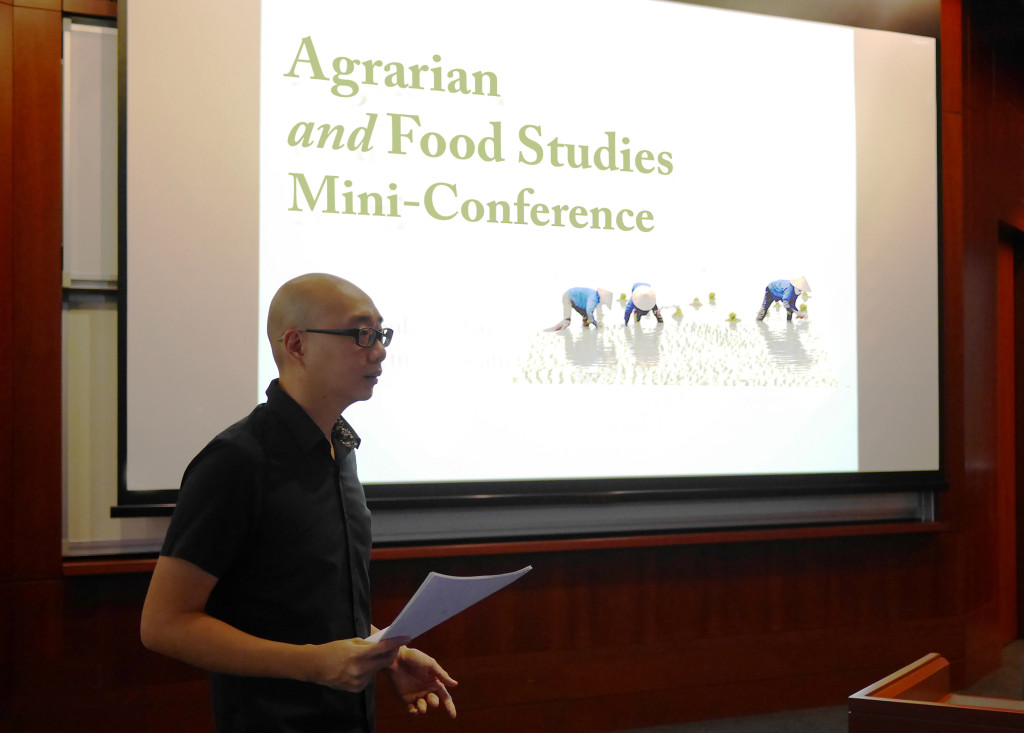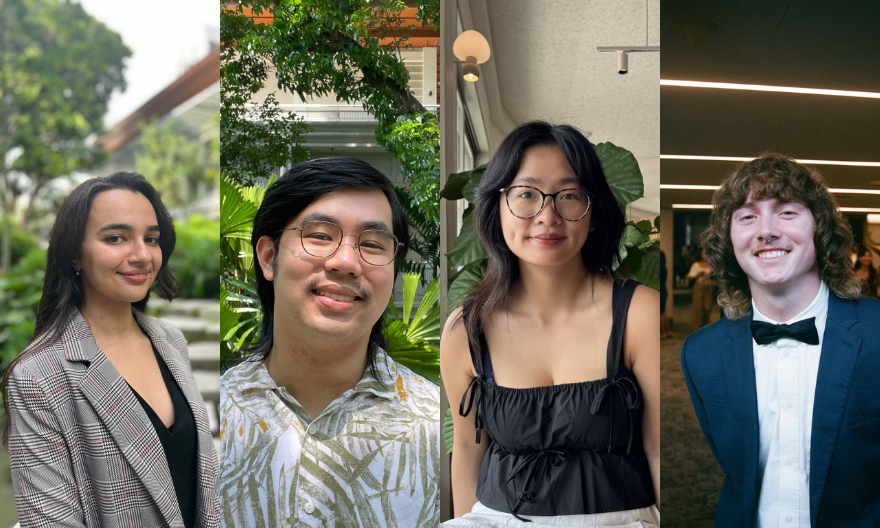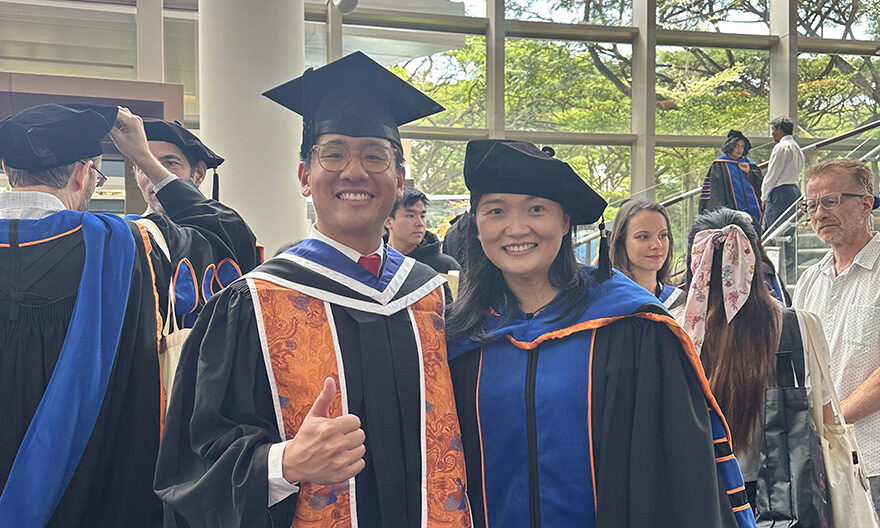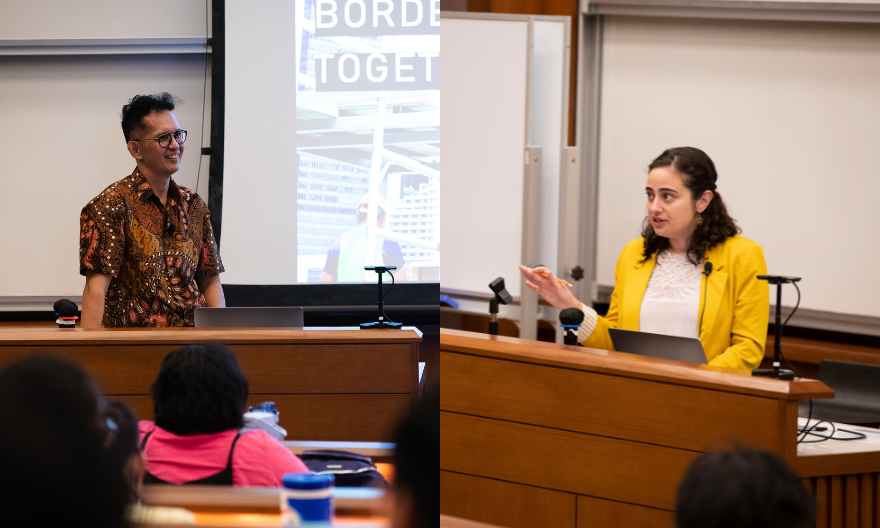First Agrarian and Food Studies Mini-Conference

On 10 November, Yale-NUS College hosted the first Agrarian and Food Studies Mini-Conference in Singapore, a day-long interdisciplinary event that brought together academics from all over Singapore who do research and teaching on agrarian and food studies in Asia.
Assistant Professor of Social Sciences (Environmental Studies) Marvin Montefrio (above) organised and convened the event as he found that there was a gap in platforms for scholars interested in this topic to discuss and share about their work, and open up avenues for future collaborations, particularly with an interdisciplinary approach.
“Previously, there was no established network for agrarian scholars to meet and collaborate in research. This surprised me because Southeast Asia is still largely an agricultural society, and should therefore have more agrarian scholars who are able to come together to discuss the topic,” Dr Montefrio shared.
The first of its kind, the mini-conference saw 11 speakers from various disciplines, including Environmental Studies, Sociology, Anthropology, Human Geography, and History. Speakers and participants came from various institutions across Singapore, including the National University of Singapore (NUS), Nanyang Technological University of Singapore (NTU), Singapore Management University and Singapore University of Technology and Design.
Professor Jonathan Rigg from the Department of Geography at NUS, one of the speakers at the conference, concurred with Dr Montefrio’s thoughts about the importance of the topic, particularly in the Southeast Asian region.
“Generally, agrarian questions receive quite a low profile here because Singapore has moved on from such matters,” he noted. “However, in the wider region they are of much more central importance.”
The conference focused on a multidisciplinary approach, and scholars from various disciplines weighed in to present their research on the topic through different lens.
“Our contemporary concerns about food such as food security, food diversity, and food safety all bear upon our understandings of how humans have made choices in the past to care for (or about) the fertility of the land and sea,” said Assistant Professor of History Lisa Onaga, from NTU School of Humanities and Social Sciences, one of the conference speakers.
Dr Onaga added: “It is exciting to have been part of a conference that recognises the value of studying the history of food and agriculture in a broad sense in order to promote both imaginative and deep thinking on a topic that impacts everyone in the world.”
Professor Rigg found that the conference was useful as a platform for agrarian and food scholars across different institutions across Singapore to come together and was “a first step towards building bridges between subject areas and institutions”.
Dr Montefrio shared that moving forward, the format of the mini-conference could go both ways – either expand to become a more large-scale and formal conference, or take on a more intimate setting, where academics can have more in-depth conversations on more specific topics within agrarian and food studies.
Regardless of the format it might take, Dr Montefrio has definite plans for this conference to be held again next year. The conference has thus far paved the way for several collaborations both in terms of research and teaching, and he is hopeful that more will continue to stem from the inaugural conference.





